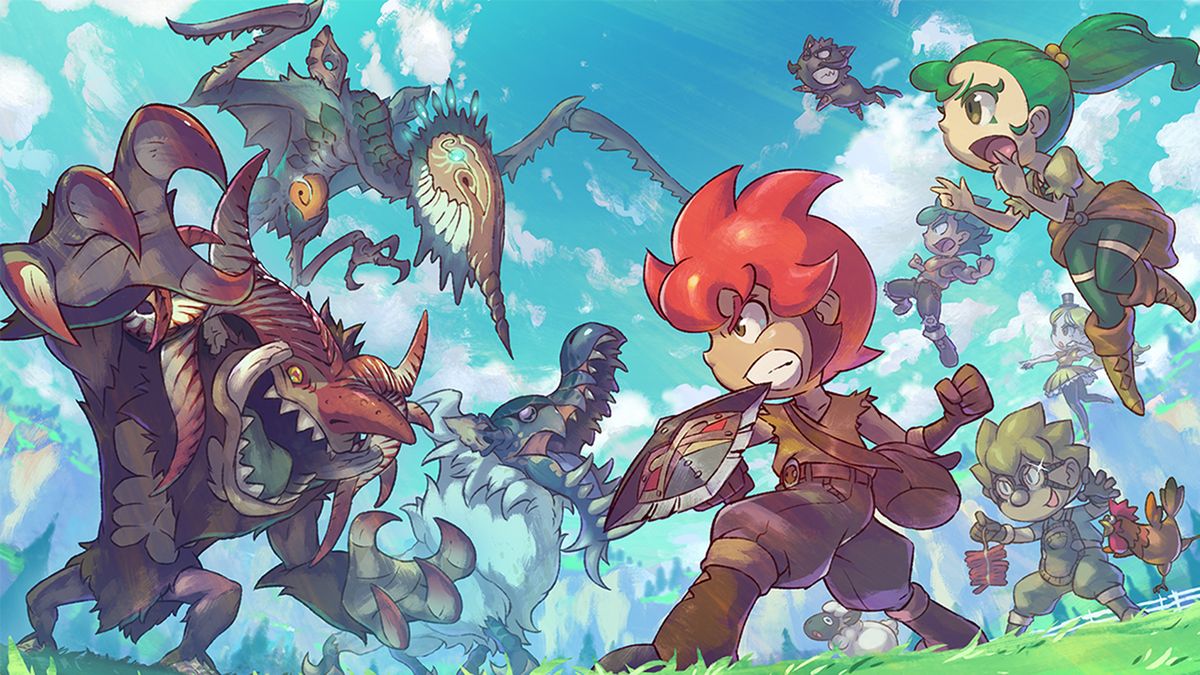This novel opens with the dying thoughts of Princess Diana, which is considerate in a way, as it sets the bar for tastelessness good and early. If you don’t want to read a book which uses real-life tragedies as material for a lurid horror-thriller, Ash is not for you. The novel incorporates various real people, all ones who disappeared or whose deaths gave rise to conspiracy theories: Lord Lucan, Dr David Kelly, Colonel Gaddafi… after a while, you wouldn’t be surprised if Glenn Miller rode in on Shergar.
Ash is Herbert’s first novel since 2006’s The Secret Of Crickley Hall , a fairly traditional haunted house tale which could have taken place any time in the last hundred years with minimal revisions. By contrast Ash is very of-the-moment, incorporating events that only happened last year (Gaddafi’s death, the closure of the News Of The World ) and taking as its starting point the untouchability of the modern super-rich.
It takes place at Comraich, a Scottish castle which has been converted into an exclusive, secret hideaway for people who, for whatever reason, need to disappear from the world. Many have committed terrible crimes, some are an embarrassment, others need to be kept quiet and out of sight. This being a Herbert novel, the castle is inevitably haunted, and a vastly wealthy CEO who faked his own death to avoid charges of financial impropriety has been crucified in his cell by unseen forces. So the global cabal which runs the castle (possible spoiler: this global cabal is EVIL) brings in paranormal investigator David Ash to look for the source of this activity.
There’s a lot to criticise about Ash . It’s overwritten, with swathes of unnecessary detail. The dialogue is often chewy, and it seems possible that no real person in the history of the world has spoken some of these sentences. The plotting is often convenient: at one point Ash’s business partner Kate suddenly goes for dinner with an old childhood friend who happens to now be a high-ranking police officer, who relates to Kate a torrent of highly sensitive state secrets. And as noted, the use of real people is often thunderously inappropriate. One of the characters is the assassin who killed David Kelly, with the details related in a sequence which hopefully the poor man’s family will never read. Diana’s connection to Comraich, when it’s revealed, is jaw-dropping – and not in a good way. None of this stuff is necessarily off-limits for fiction but it has to be handled with care, and its treatment here just trivialises it.
Yet Herbert retains the ability to make a narrative compelling. He’s thrown a lot into this book: there are dozens of characters, nearly every one with a bizarre, shady or traumatic backstory. Despite the countless digressions, the author is clear about where it’s all heading. The reader is clear where it’s heading too, but this isn’t a problem – in fact it’s the novel’s main strength. As the inhabitants of Comraich are revealed – war criminals, murderers, child molesters, all of whom have escaped justice simply by being unfeasibly rich – the reader starts to anticipate the inevitable descent into chaos when the spirits are unleashed. Aside from Ash himself and a minority of other characters who are nice, you look forward to watching these people die horribly – a genuine guilty pleasure.
It’s a cathartic experience, quite different to most horror novels, and shows shrewd judgement from Herbert, who’s channelling the anger felt by people across the political spectrum regarding the state of the world today. It’s not a coherent critique by any means, and doesn’t try to be. But for all its problems, it deserves credit for tapping into something vital and making it entertaining.
Eddie Robson
Read more of our book reviews .
 Game News Video Games Reviews & News
Game News Video Games Reviews & News



